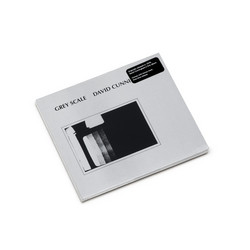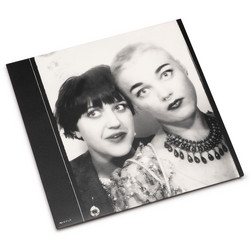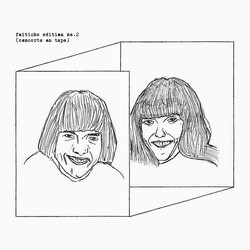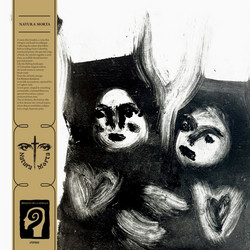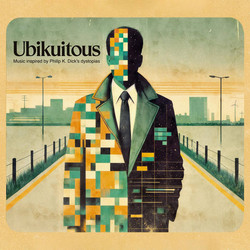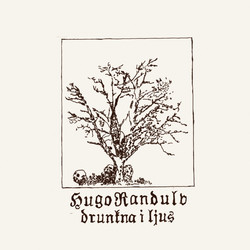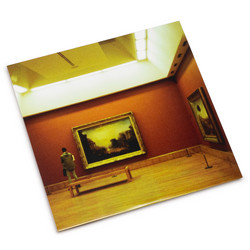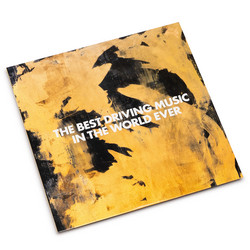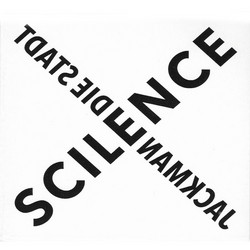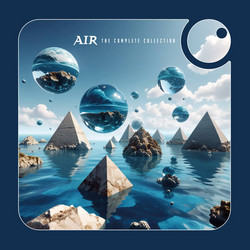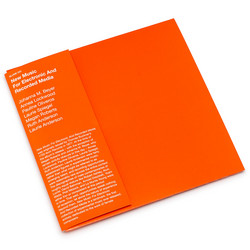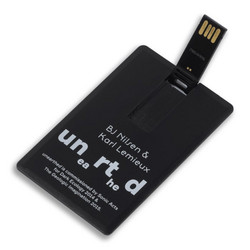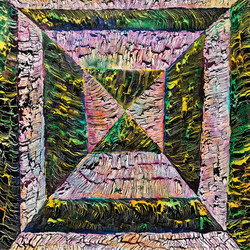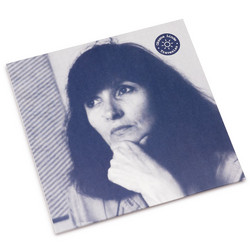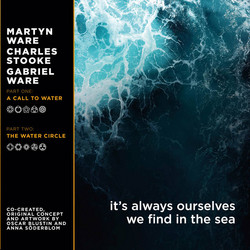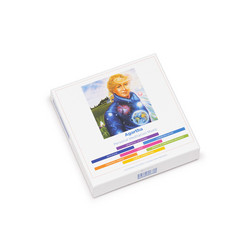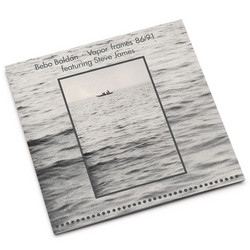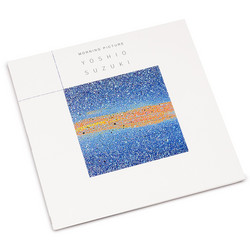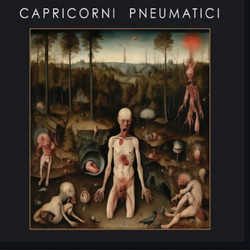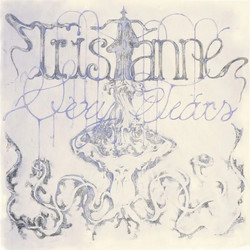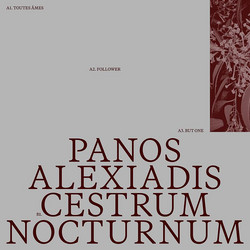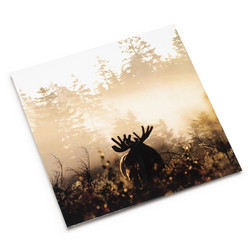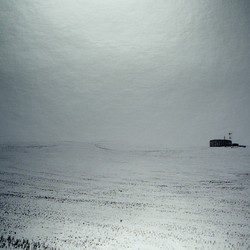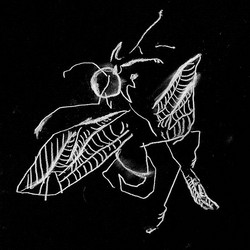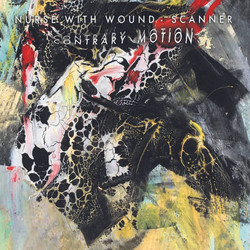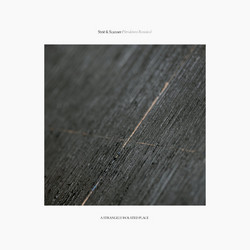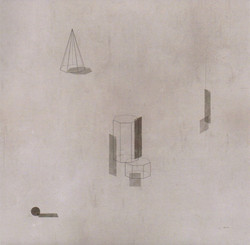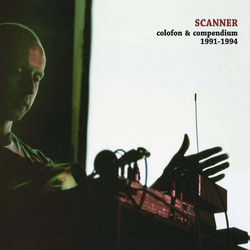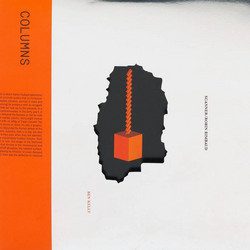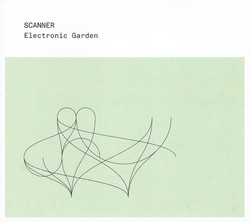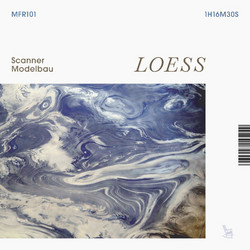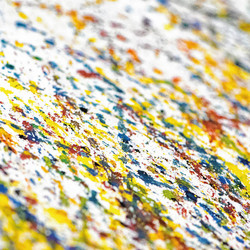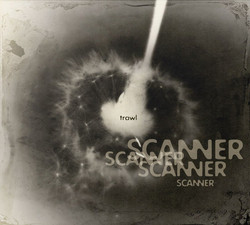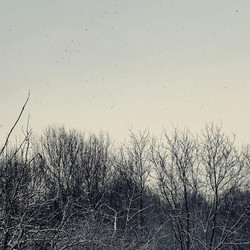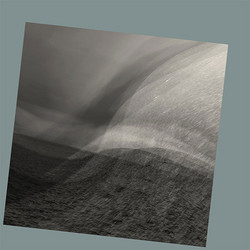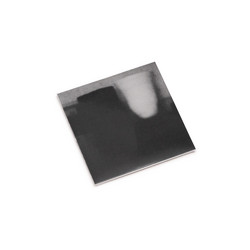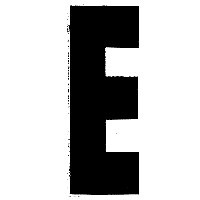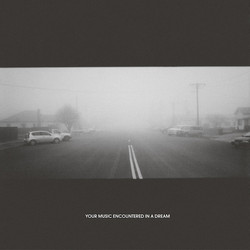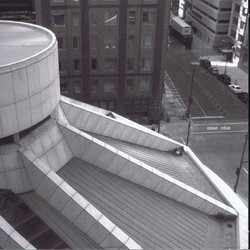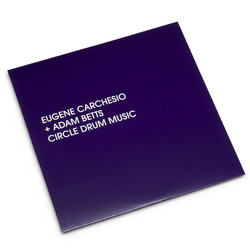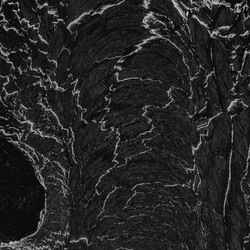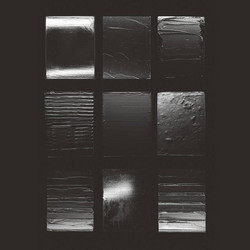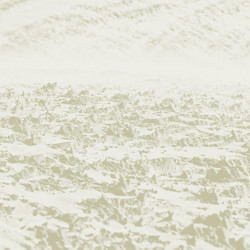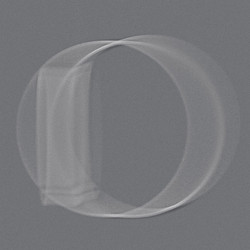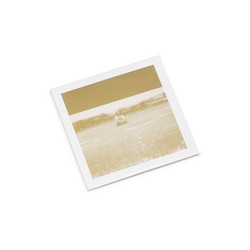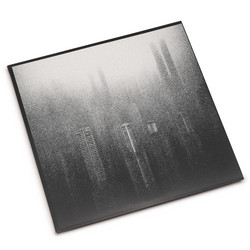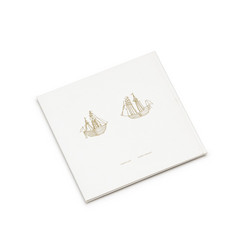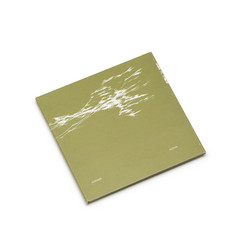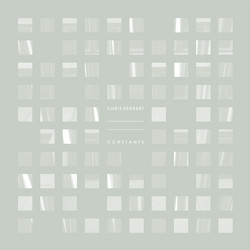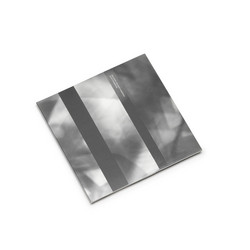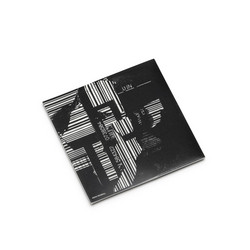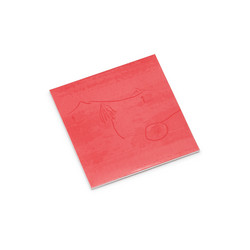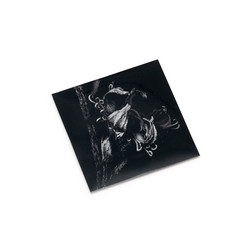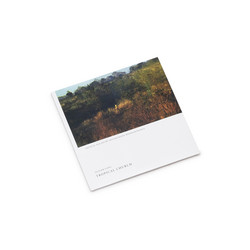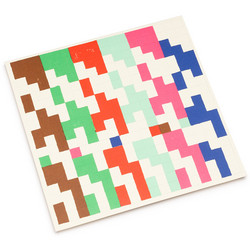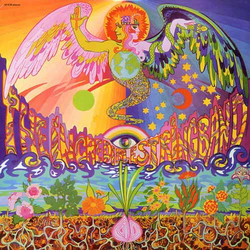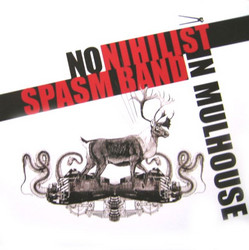ScannerFeaturing: Jim O'Rourke, Robert Hampson
Mass Observation (Expanded)
2023 stock. From Scanner, aka Robin Rimbaud: "There were three performers and one witness. I can remember this day well, even though it was some twenty-four years ago. Standing up before a mixing desk in a dark room in an apartment in South London, Jim O'Rourke, Robert Hampson, and myself, literally all hands-on deck as we each took responsibility for the faders on the desk. Introducing sounds to the mix, the accident reigned supreme. Sometimes the high frequency of cellular noise would pervade the atmosphere, at other junctures it would erupt into words and melt down to radio hiss. Mike Harding from Touch stood silently, listening intently. A couple of years earlier we had set up Ash International, an audio project which allowed us to release unusual and exploratory music and sounds that we felt deserved a wider audience, from Runaway Train (1994) to the early Scanner releases. Two mixes were captured directly onto DAT tape, one of which would be released as Mass Observation (1994), an EP that featured a 25-minute version of one of these sessions, but until today the second, longer mix has never been heard. Dehumanized communications, beatless radio signals drawn in live to tape, and accompanied by dial tone pulses and abstract textures, Mass Observation is a highly suggestive picture of a particular place in a city at a specific time. A form of "Sound Polaroid" as I tended to call such recordings. My early work, in the early and mid-1990s, was a study in surveillance. Long before our concerns about data leakage at Facebook, and Siri spying on our private moments, I used the scanner device itself - a modestly sophisticated radio receiver - to explore the relationship between public and private spheres, lending a deep sense of drama to these found cellular conversations within a contextual electronic score. In many ways, this work pre-empted our reality culture, with television now saturated by Love Island and Big Brother. In the experimental techno uprising of Britain in the mid-1990s, this work proved controversial and memorable.
Bjork sampled Mass Observation controversially for her "Possibly Maybe" single, whilst Coil and Aphex Twin bought radio scanners and introduced these found voices into their recordings; I continued to create work in this grey area of ambient sound. It's work that still carries great meaning for me, opening up possibilities with sound and introducing the human voice back into experimental electronic music."
